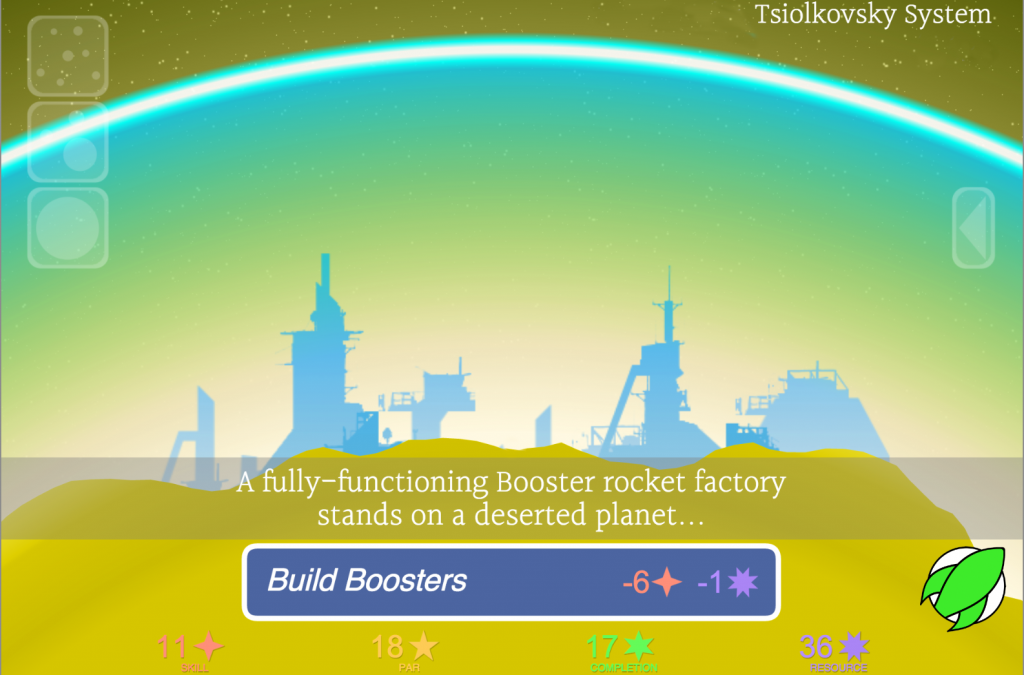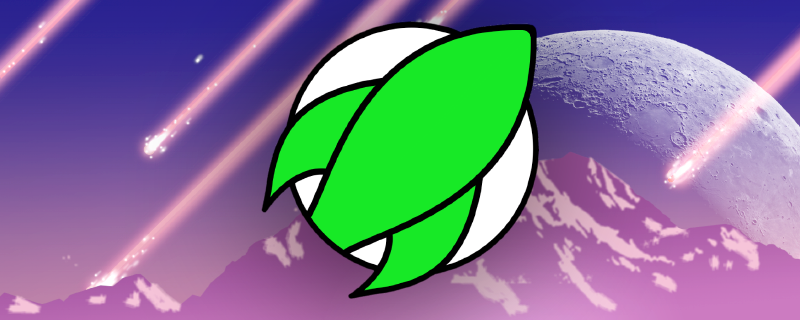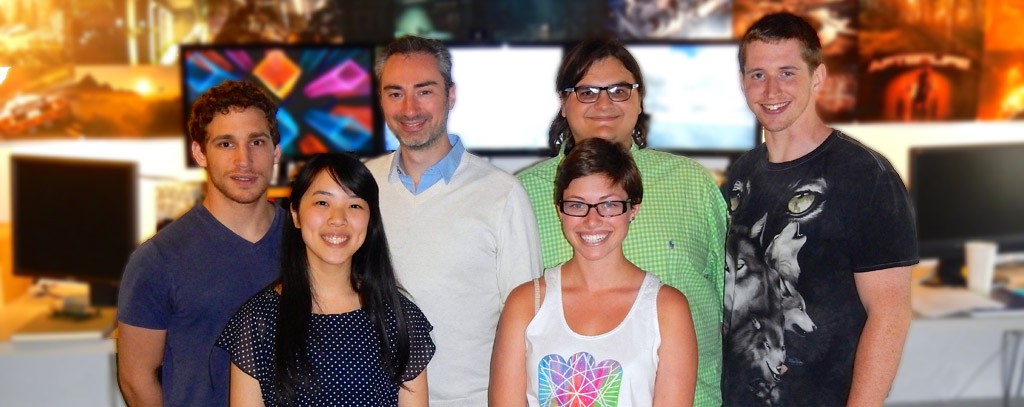Play now on iPhone, iPad, and iPod Touch!
Art 107/CSCI 107: Creating Games
Project Rocket Golfing uses the software tools and processes that Prof. McGuire developed for teaching Art107/CS107: Creating Games at Williams. That course teaches students to treat games as an artistic medium. They consider how they will address social topics in their work, including violence, gender, and ethnicity.
Students in the course follow a process of design, implementation, and polish augmented by testing and refinement. McGuire used the worksheets and schedule guidelines from the class, documented his design, and followed the brainstorming and testing processes.
Students are often surprised to find that only about 20% of the development process for a game is creating the main features. The rest is planning, testing, and refinement. McGuire followed this, requiring that the game was playable after only one weekend. He then spent the next two months running over fifty external play tests of the game. Testing was done by children, experienced adult players, and many people who had never played any video game before. The final game meets both his artistic and software quality goals.

Simulating Astronomy
Project Rocket Golfing is a game about exploration and discovery. It is set in an infinite, procedurally-generated universe based on the names that you choose for galaxies. It begins as mini-golf in space, on rocky planets. When playing, you’ll name the galaxies that you discover. For example, you might name them after yourself, your friends, or science fiction themes. Each name that you choose is a galactic seed. It spawns solar systems and the stars within them, and then planets, asteroids, and moons.
All from the single name that you chose, the app runs a realistic simulation computes the elements, temperature, and humidity on planets. These influence the orbits, size, terrain, and alien species that evolve. This is why each galaxy is complex and unique. Often you’ll discover a really interesting galaxy filled with lost civilizations, space stations, and natural resources. You can share the galaxy’s name with friends or on social media. Then, other people can type it into their game and visit the same galaxy that you’ve created.
This complex simulation was inspired by topics of scaling and emergence presented in the courses that McGuire taught this year, including CS107, CS136: Data Structures, and CS371: Computational Graphics.
The game captures Prof. McGuire’s favorite moments from science fiction and real space exploration: first setting foot on a new world, gravity slingshotting around a planet, dancing between asteroids, deploying from a dropship, blazing atmospheric entry, clinging to the side of a space station, and breathtaking leaps into the unknown.

Diversity
The great theme of space exploration is that it brings together the human race. There have been many great men and women involved in the science, engineering, and literature of space, from many different nations. The game introduces these heroes through quotations and facts to celebrate human diversity and inspire the next generation of explorers, in the same spirit that our faculty and students approach their courses.

Prof. McGuire (white sweater) and the Williams College Graphics Research group: Dan Evangelakos ’15, Sam Donow ’16, Mike Mara (NVIDIA) ’12, Kelly Wang ’16, and Jamie Lesser ’17